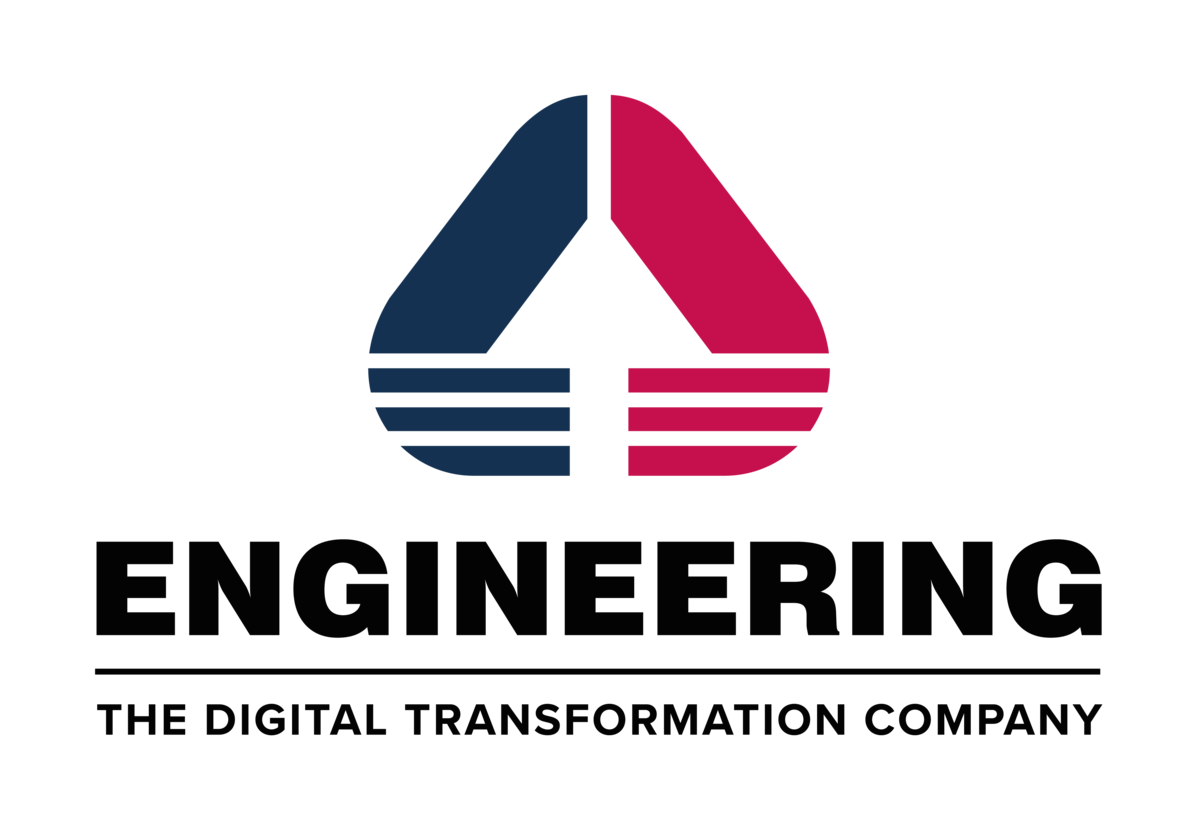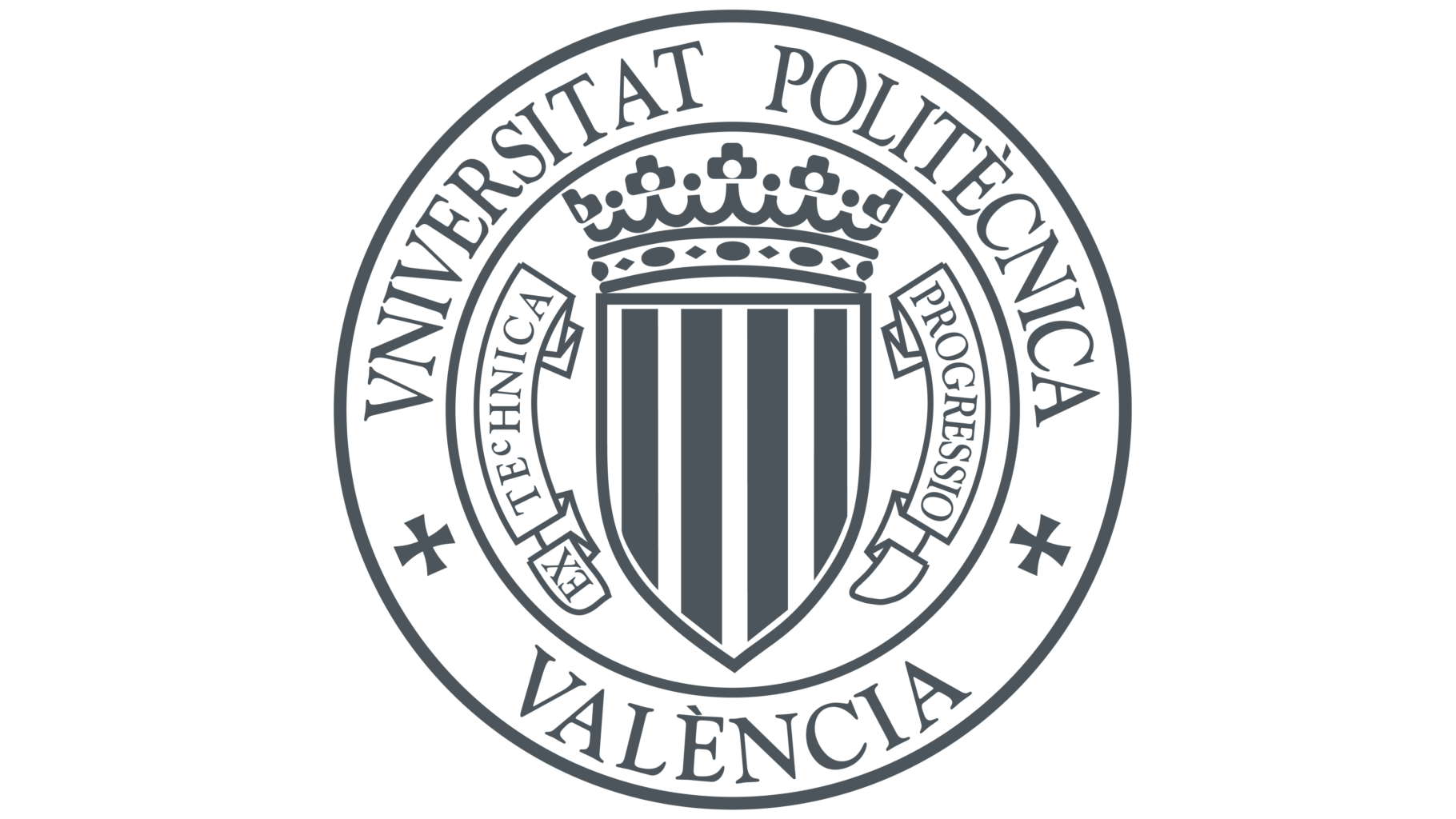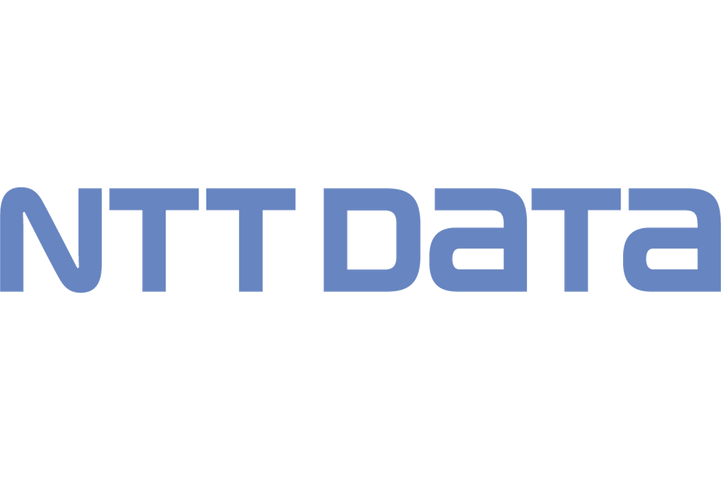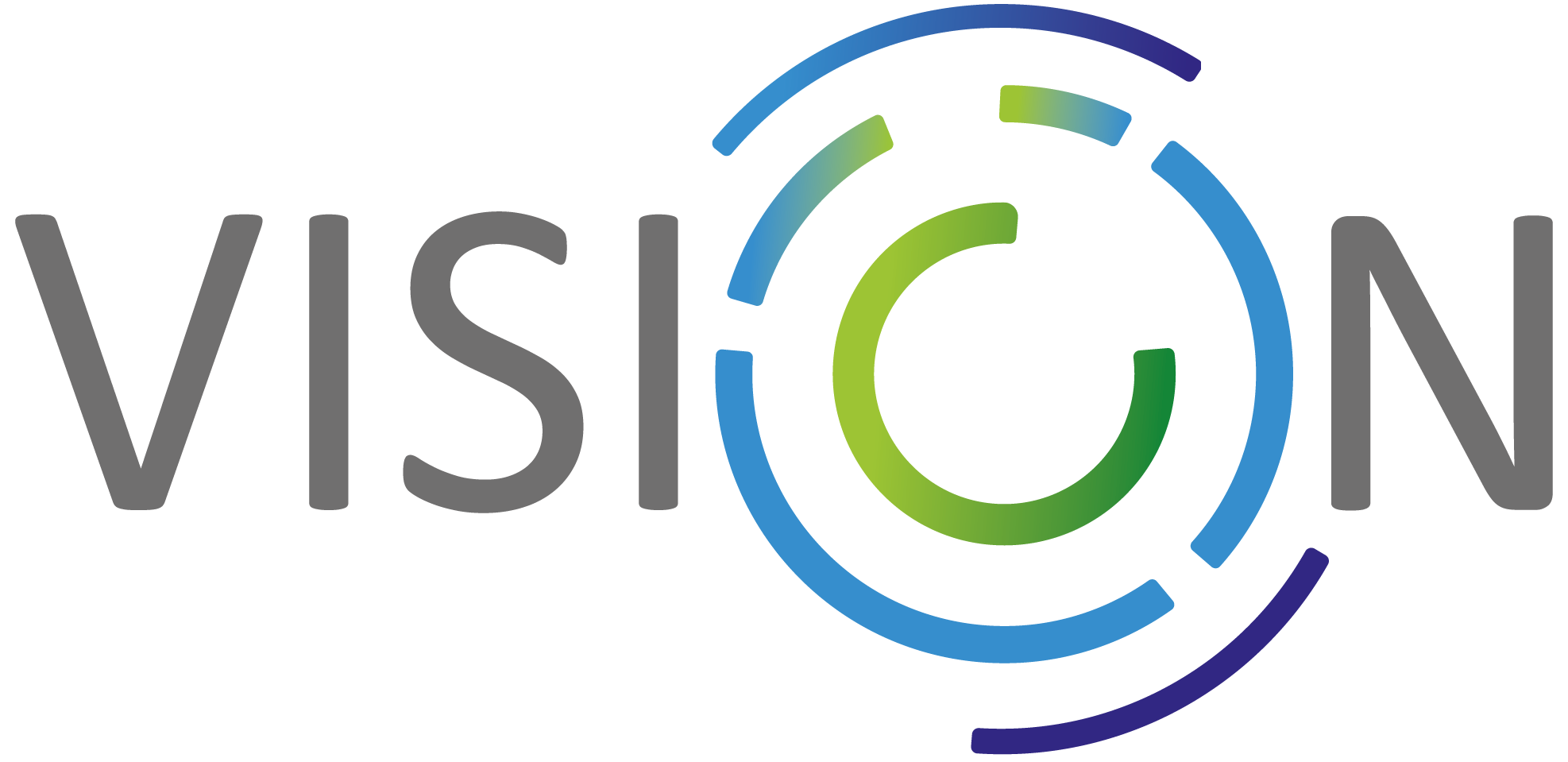TDW: AI for Future Energy & Sustainability
Theme Development Workshop
23 February 2023 | 9:00- 17:30 CET
Identify common goals between academia and the energy sector as well as other relevant stakeholders, and define promising approaches for European research and innovation in Trustworthy AI.
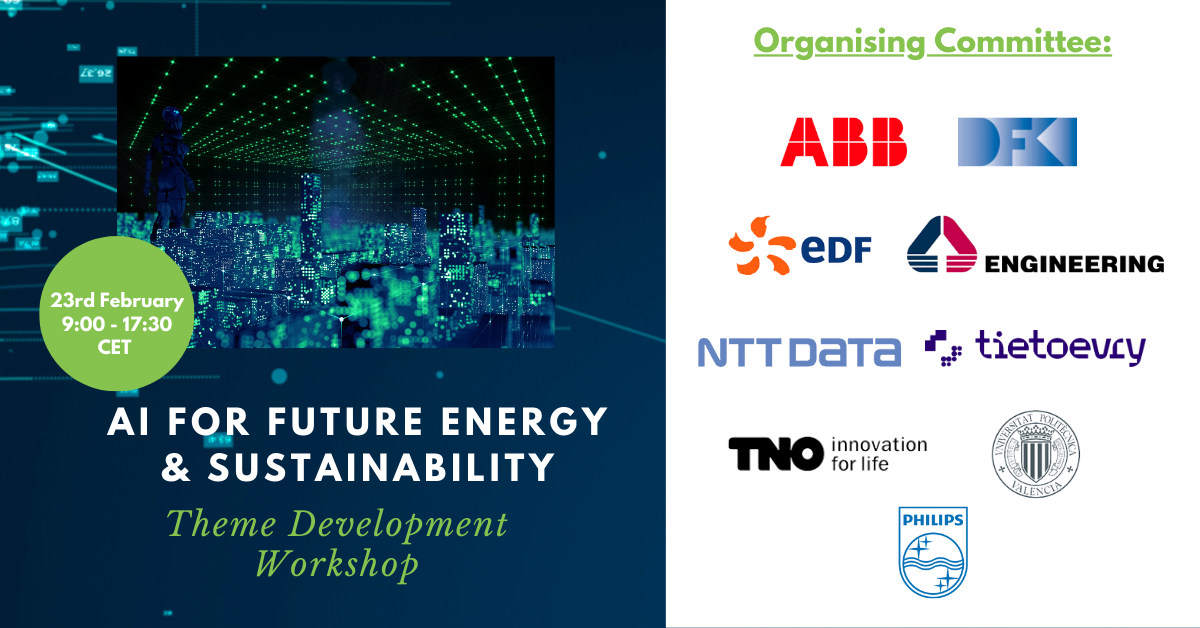
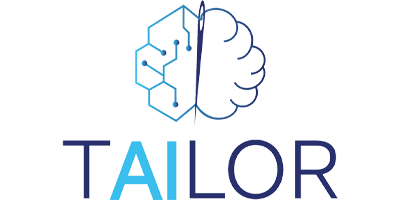
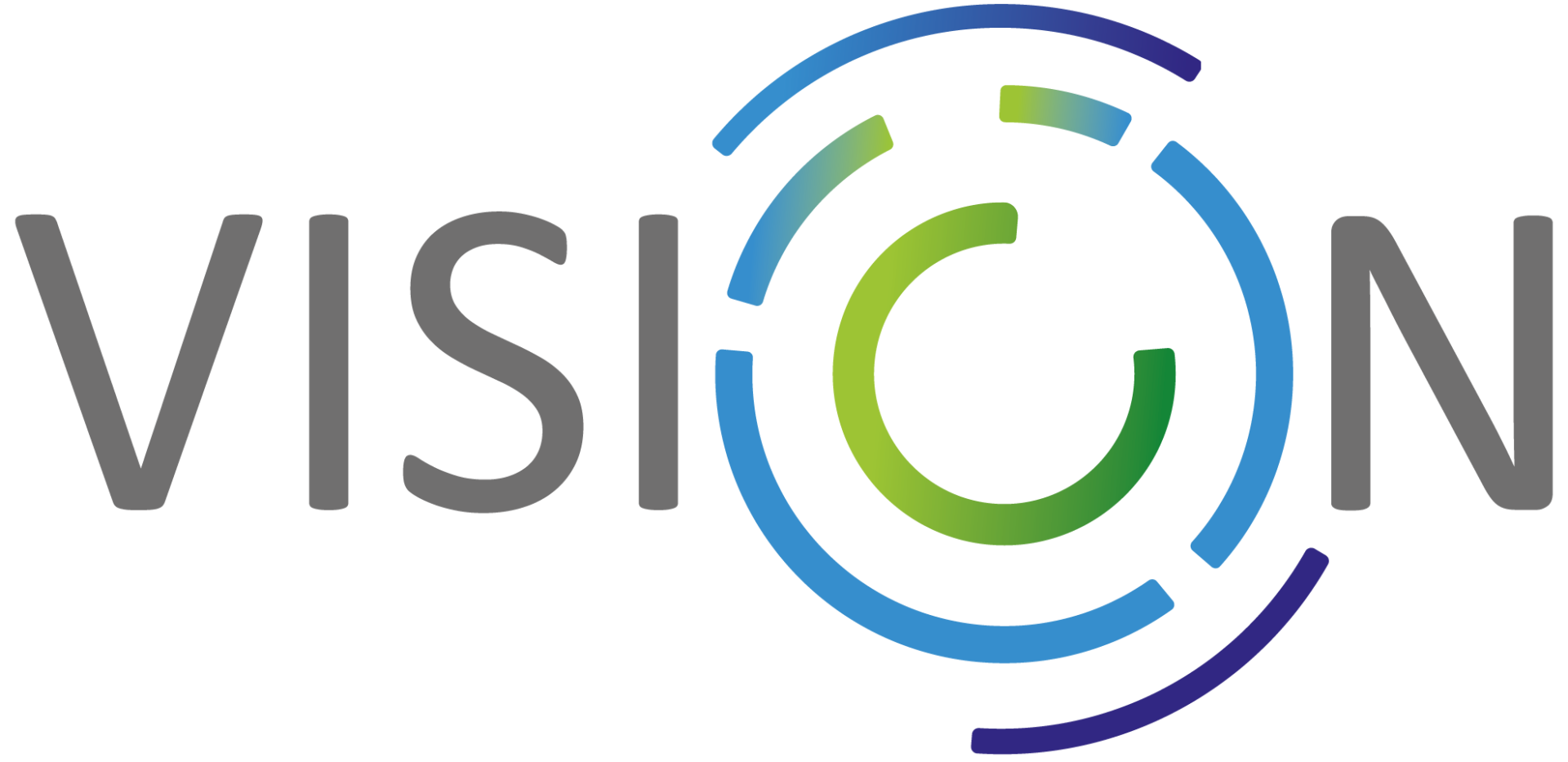

Programme
Due to Covid 19 the workshop will be held online with a mixed programme of presentations and in-depth discussions about specific sub-topics in smaller groups (Breakout sessions). This gives you the opportunity to discuss with selected experts and contribute to the strategic research and innovation agenda for AI in Europe.
Part 1
| 9:00-9:15 | Welcome & Objectives |
| 9:15-9:35 | AI for a sustainable future – Sherif El-Meshad – ABB Electrification |
| 9:35-9:50 | Role of AI in the future energy system – Dr. Adamantios Marinakis – Research Center for Energy Networks, ETH Zurich |
| 9:50-10:00 | Coffee Break & Socialising |
| 10:00~11:30 | Parallel Breakout sessions |
| 11:30-12:30 | Plenary presentation of key findings from the Sessions |
| 12:30-13:30 | Lunch Break & Socialising |
Part 2
| 13:30-13:45 | Intelligent agents in energy systems – Aliene van der Veen – TNO |
| 13:45-14:00 | Challenges for reliable AI in the energy industry – Claire Lambert – EDF |
| 14:00-15:30 | Parallel Breakout sessions |
| 15:30~15:45 | Coffee Break & Socialising |
| 15:45-16:45 | Plenary presentation of key findings from the Breakout sessions |
| 16:45-17:30 | Closing & Socialising |
Breakout sessions
1. AI for Energy Efficiency
According to the International Energy Agency, a substantial part of the future reduction of greenhouse gas emissions have to come from energy efficiency. The most cost efficient way to obtain this is by improved automation, i.e. by software solutions. This breakout will discuss how AI can
contribute to this.
2. AI for Collaborative Sustainable Buildings
In order to meet the climate sustainability goals, existing smart building systems need to be improved on the level of interaction and collaboration. Solutions go into
deliberation between buildings and interactions with humans, in order to reach collaborative goals, such as e.g.
peak shaving and insights into various forms of flexibility. This breakout will focus on extending existing AI solutions for buildings, interaction and the formation of Human-AI Ecosystems.
3. Energy at the Edge
The required reduction of carbon footprints can be achieved, in part, by keeping energy production and consumption local. The dependency on centralised infrastructure can be limited by moving as much intelligence as possible to the edge (edge computing, 5G) for monitoring and optimising energy consumption and
production, transport and logistic systems. Such decentralised decision-making would make use of sensorfusion and self-organisation using AI of Things (AIoT), which
would require the definitions of rules and policies.
4. Explainable AI for energy
AI helps to improve the management and decision process in energy systems by proposing answers or orientations. Due to the importance of the decisions to be made, it is capital to have explainable systems which can give an account of the reasoning that led to the proposed answer. In this breakout, the participants will discuss audit rules and regulation for AI as well as the operational need for
explainable AI and the scientific tools to facilitate it
5. Individual energy contracts based on AI
We would like to discuss in this breakout session how AI can be used to tailor energy contract offers for each consumer or consumer group, e.g., based on energy consumption profiles, demand forecasts, demand-side management options and energy price forecasts. Furthermore, risk-sharing models based on price
guarantees and minimum charges could also be tailored based on consumer knowledge. Energy consumers, the energy system as well as society would benefit from more
stable and predictable loads, thereby supporting the green energy transition.
We invite the community to suggest further topics of interest for the breakout sessions. Please use the online application form for your suggestions.
6. AI for Optimal Prosumer Management
The presence of volatile renewable energy sources requires an increased flexibility of the energy system. One
way to balance the intermittent availability of renewable energy is to optimally schedule both producers and consumers of energy. This breakout will focus on the use of AI to optimally schedule industrial generation and consumption of energy.
7. AI for the Integration of Renewable Energies
The power feed-in of distributed renewable energy sources and the demand for electrical power increase on the distribution level and confront low-voltage grids by challenges like unmonitored overloads or violations of the voltage range. Additionally, the volatility of loads and renewable energies makes it challenging to predict future grid states and plan and apply preventive measures. We will present essential building blocks for integrating renewables, such as AI-based forecasting algorithms, and
how to train them.
8. Automation and Autonomy
The variety and complexity of the urban context requires interoperability and intelligence at a high level. Semantic interoperability in data spaces (SAREF, Gaia-X) is a precondition for efficient and large-scale automation for control. Simple automation is too limited to handle highfrequency spatio-temporal dynamics. Delegation of tasks
to autonomous systems needs domain-specific semantics (knowledge graphs, rules, norms), combined with learning methods in neuro-explicit AI for autonomy that is
trustworthy and meaningful.
9. AI for e-mobility integration onto the grid
EV adoption is surging as an outcome of government incentives for a transition to low-carbon transport. To cater for this additional electricity demand, it is crucial to produce accurate forecasting models of EV charging to better optimise the load curve and integrate renewable
energy sources. In this session, the participants will be discussing the EV impacts on the grid as well as the EV
charging load forecasting, and the data challenge organised to forecast the occupation of charging points in
Paris.
10. Data-driven Microgrids powered by renewable energy
Microgrids with a primary energy source from their own renewable production will require balancing, storing and flexibility of usage to work at an optimal level. The balancing needs an asset level forecasting and steering of all connected assets. AI and ML will play a crucial role in
achieving a functional microgrid capable of providing optimal microgrid system level performance.
Theme Development Workshops cut across multiple ICT-48 Networks of AI Excellence Centres while bringing together researchers, industry representatives, and other stakeholders to identify industry trends and needs and match these to AI capabilities in Europe.
TDWs are co-organised by the VISION project in close cooperation with the TAILOR and HumanE-AI-Net projects as well as with CLAIRE AISBL.
Organising Committee





